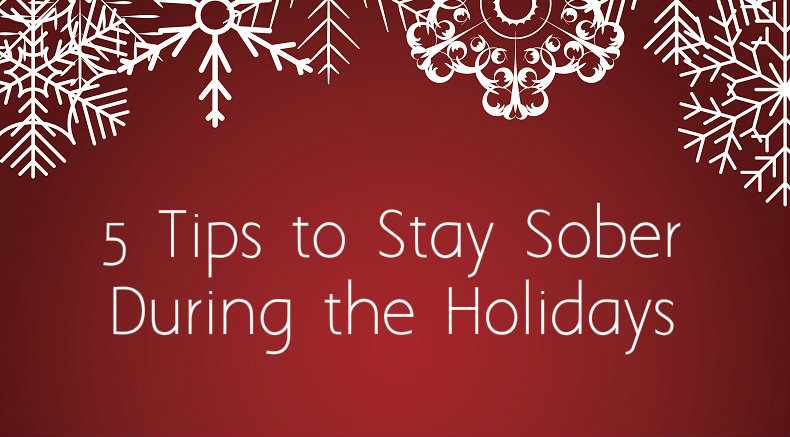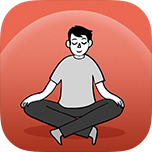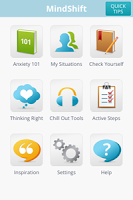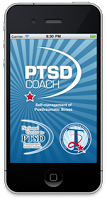
By Randy Moraitis, MA, CIP, BCPC
Sober Holidays Tip #1: Take it easy! Get plenty of rest, watch what you eat, get your usual exercise, and take time for meditation. Maintain your recovery routine as much as possible.
Sober Holidays Tip #2 Don’t romance the drink or drug. If everyone starts talking about the “good old days,” leave the room. You don’t want to start thinking about your drinking or using days. That can lead to preoccupation and obsession, and then to cravings. Keep your focus on your life right now, your life in recovery.
Sober Holidays Tip #3 Be very careful about what you eat and drink. Alcohol doesn’t come only in a glass or a bottle. It can come in bowls and plates, too. And what you don’t know can hurt you. One reason, of course, is that even a small amount of alcohol can trigger a relapse. How much does it take? A tiny drop? A small glass? There is no definitive answer, so it’s best to avoid all alcohol and keep your risk as low as possible. Another reason is the psychological risk: the taste plus the “thrill” of knowing that you’re consuming alcohol could turn on a compulsion to drink. Remember, the addiction is in the person, not the substance; it’s critical to stay away from that slippery slope of guessing what might be risky for you.
Sober Holidays Tip #4 Practice TAMERS every day. Don’t let up on your brain healing activities. Practice TAMERS every day:
- Think about recovery, Talk about recovery.
- Act on recovery, connect with others.
- Meditate and Minimize stress.
- Exercise and Eat well.
- Relax
- Sleep
Sober Holidays Tip #5 It’s okay to tell people you are now in recovery. There is a lot less stigma these days to being in recovery. Nearly everyone knows someone who is in recovery and very open about it. It’s your choice whether or not you want to tell people. One good reason to be open about it: If your friends don’t know you’ve given up alcohol, they may lead you into temptation without intending to. Another reason: When you let it be known that you don’t drink, you offer support and encouragement to others who are thinking about sobriety but are afraid to take the leap. You just might be the catalyst that gets someone else started on recovery.
The above tips are from “The Recovery Book” by Al J. Mooney, MD, Catherine Dold and Howard Eisenberg which is a great resource for anyone in recovery or with a loved one in recovery.
As a counselor, coach and interventionist I would love to hear your thoughts on this topic. My email is randy@randymoraitis.com and my phone is 949-303-8264. Websites: www.randymoraitis.com and www.carepossible.org.
About Randy Moraitis
Randy is married to Kim and they live in Laguna Niguel. Together they have a blended family of five adult children and three beautiful grandchildren. (If you don’t believe Randy, he will gladly show you pictures!)
Randy is a Certified Intervention Professional (CIP) and expert in helping families affected by addiction and/or mental health issues. He is a Board Certified Pastoral Counselor and is both licensed and ordained as a pastoral counselor. He has five professional coaching certifications and loves working with clients on executive coaching, life coaching, wellness coaching and recovery coaching. Randy has a master’s degree with emphasis in theology and counseling, a bachelors degree in management and leadership, and a certificate in health and fitness with emphasis in exercise physiology and sports psychology from UC Irvine. He has been helping groups, individuals and families get mentally, physically and spiritually healthy in Orange County for over 25 years.



 1. Stop, Breathe & Think–This is a great, free app that has a 5 star rating and is a Webby Award Winner. I love this app and use it myself for relaxation and meditation. I also have many of my counseling and coaching clients use this app with great success.
1. Stop, Breathe & Think–This is a great, free app that has a 5 star rating and is a Webby Award Winner. I love this app and use it myself for relaxation and meditation. I also have many of my counseling and coaching clients use this app with great success. 3. Mindshift–This app is specifically designed for those struggling with anxiety. Although not as highly rated as the above apps, my experience is that counselors love what this app does for their clients as a tool for managing and working through anxiety. The app includes a section on situations that trigger anxiety and how to have healing, as well as some great “chill out” tools and Twitter-worthy inspirational quotes.
3. Mindshift–This app is specifically designed for those struggling with anxiety. Although not as highly rated as the above apps, my experience is that counselors love what this app does for their clients as a tool for managing and working through anxiety. The app includes a section on situations that trigger anxiety and how to have healing, as well as some great “chill out” tools and Twitter-worthy inspirational quotes. 4. PTSD Coach–This is a great app that was developed by the Department of Veteran Affairs National Center for PTSD. Although originally intended for use by vets with PTSD, a quick read through the reviews shows that many civilians have been helped by this app as well.
4. PTSD Coach–This is a great app that was developed by the Department of Veteran Affairs National Center for PTSD. Although originally intended for use by vets with PTSD, a quick read through the reviews shows that many civilians have been helped by this app as well. 5. Optimism–This is a 4 star rated app that helps users with self-tracking as a tool for coping with mental health issues such as anxiety, depression, bipolar disorder and PTSD. The app allows users to create a custom wellness plan and is particularly useful when the user is working with a mental health professional.
5. Optimism–This is a 4 star rated app that helps users with self-tracking as a tool for coping with mental health issues such as anxiety, depression, bipolar disorder and PTSD. The app allows users to create a custom wellness plan and is particularly useful when the user is working with a mental health professional.



